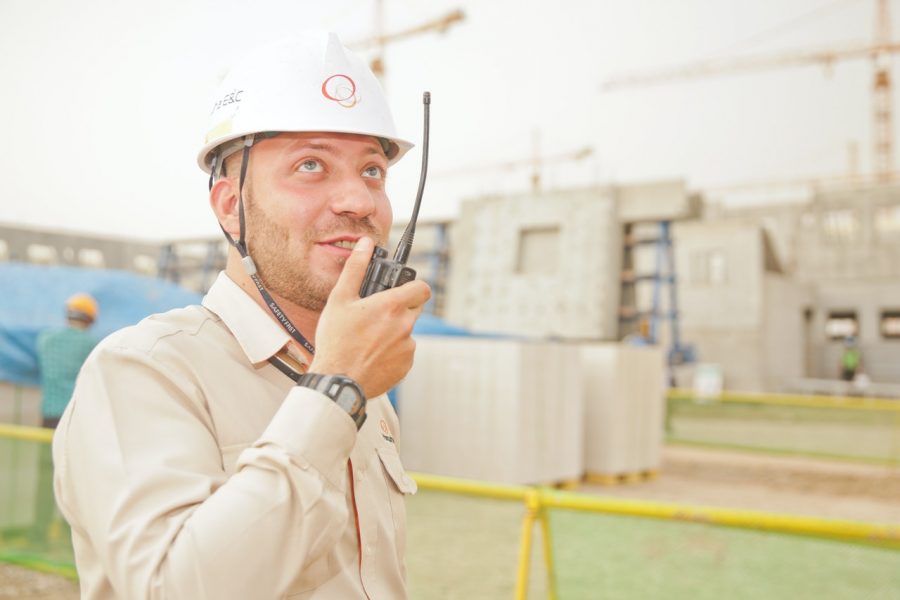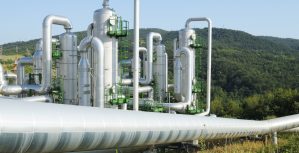What are the Consequences of Not Wearing Suitable PPE?
Personal Protective Equipment (or PPE), is a term that’s acquired significant mainstream traction in the wake of the coronavirus pandemic. But it’s actually a far broader term than we often think, covering more than just respiratory protection. Anything that’s designed to prevent injury qualifies as PPE – and in certain environments, like construction sites, PPE can often spell the difference between life and death. Maintaining good relations between site operators and PPE suppliers is therefore critical.
Let’s run through a few of the risks – we don’t want to get overly grisly, but neither do we want to understate the potential harms that might occur when PPE is neglected.
Falling Objects
If something falls on your head and you aren’t wearing a hard hat, then the results can be devastating, depending on the weight and shape of the object in question, and the height from which it’s fallen. A concussion can result, but so too can catastrophic brain injury and death. You can see just what a difference a hard-hat makes courtesy of slow-motion footage – the buckling of the hat distributes force away from the skull, absorbing the impact and saving your life.
Nowadays, hard-hats are a necessity on building sites, and operators can be fined heavily when workers fail to wear them.
Chemical Burns
Hazardous materials should be handled using the proper equipment – which usually means protective gloves and goggles. They should also be labelled clearly so that no-one can unwittingly expose themselves to a nasty burn.
Excessive Noise and Vibration
The average electric drill can produce volumes in excess of a hundred decibels. A power drill can take that up to a hundred and thirty. If you’re just a few inches from the source of the sound, this can be disastrous for your hearing in the long-term. While ear-defenders might used by those operating pneumatic drills, they should really be common practice among workers on sites where loud volumes are consistent. Chronic deafness, tinnitus and other problems can result. Employers have a duty of care, here, and should take steps to manage the risk.
Why do some people choose not to wear PPE?
We’ve covered just a few examples of how a failure to wear PPE can have a serious health impact, in both the short and long-term. So why would any worker neglect to wear one?
The most obvious factor here is a lack of education. Workers who aren’t aware of the risks will be more inclined to cut corners. An overly-macho workplace culture can also be a barrier to PPE acceptance – and the only way to deal with this is to establish and enforce hard rules. Religious groups might object to certain kinds of PPE, with the most notable example being turban-wearing Sikhs. In some cases, the law may actually be on the side of the individual – but failure to wear protective equipment for any reason creates a substantial risk.
Share It on :





